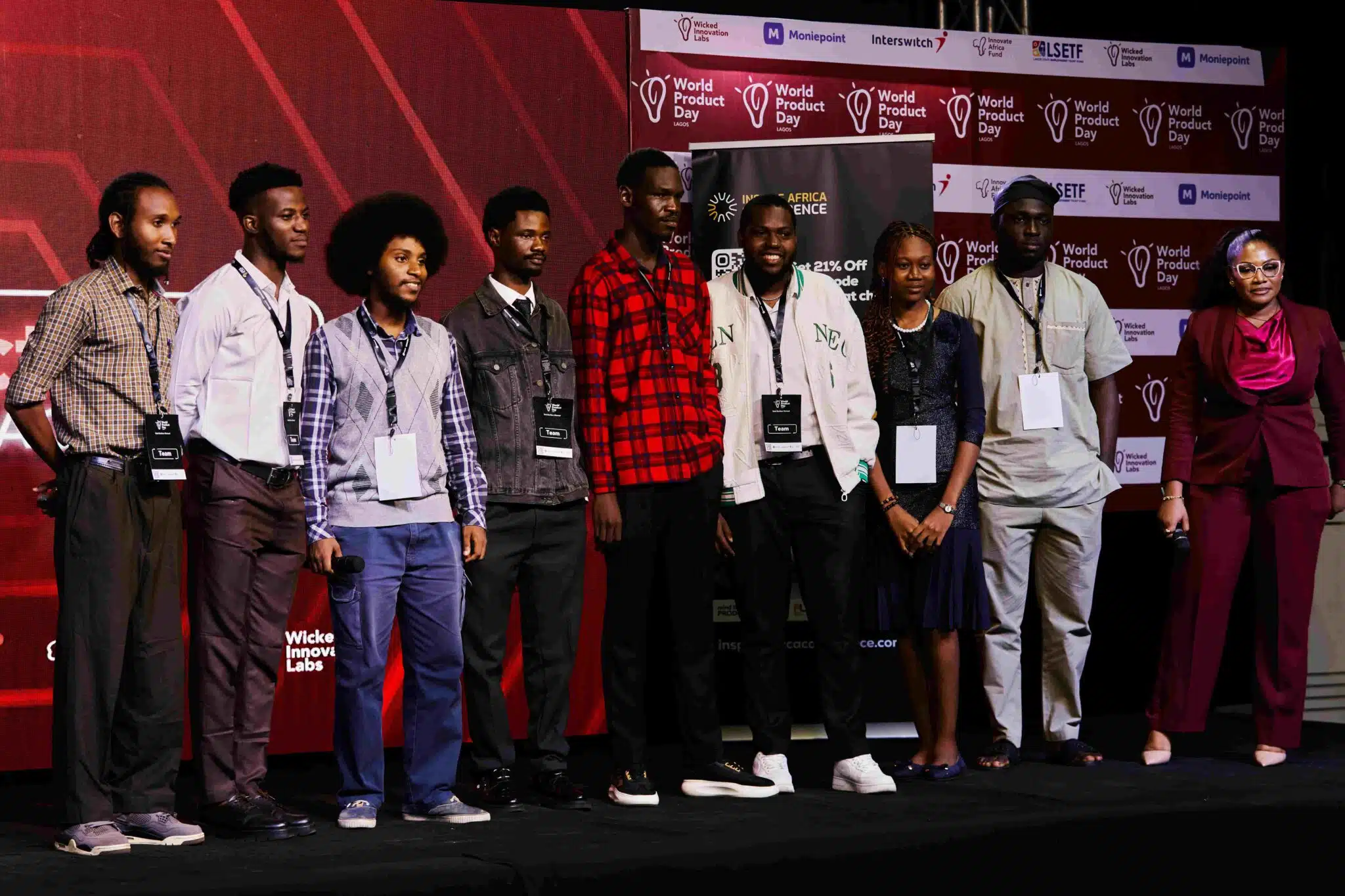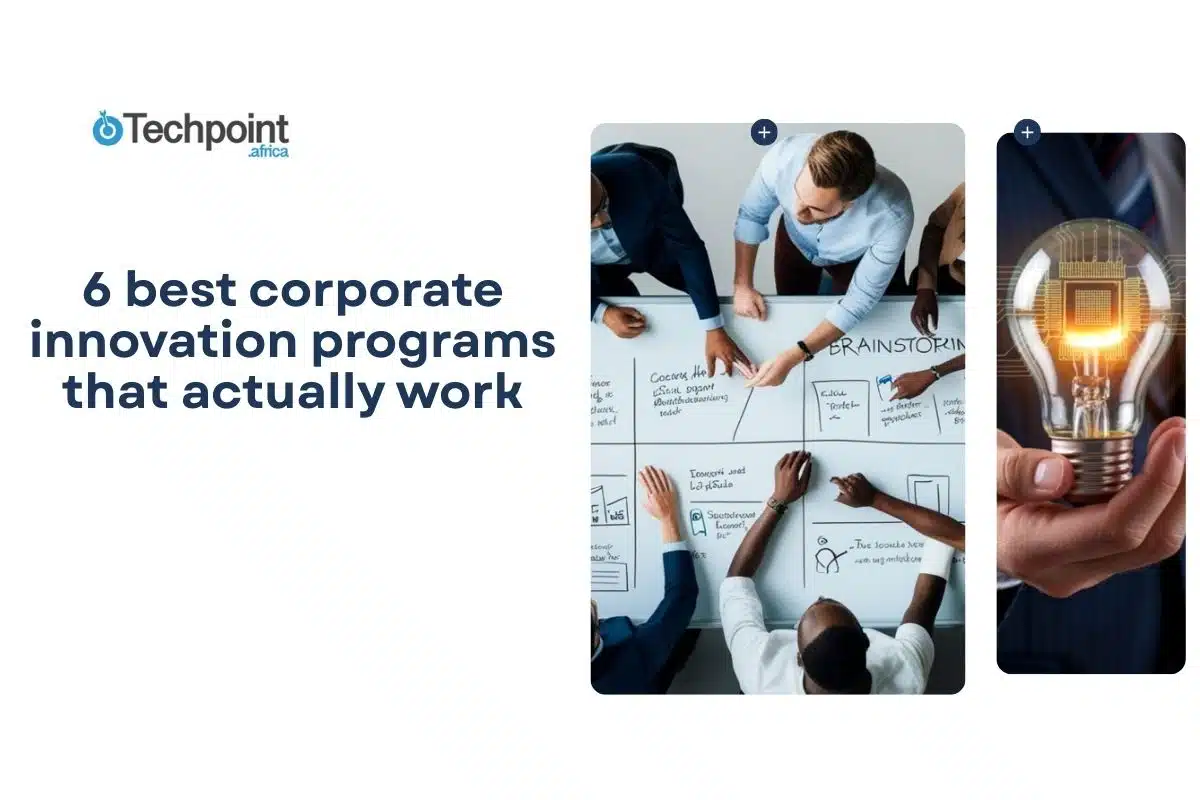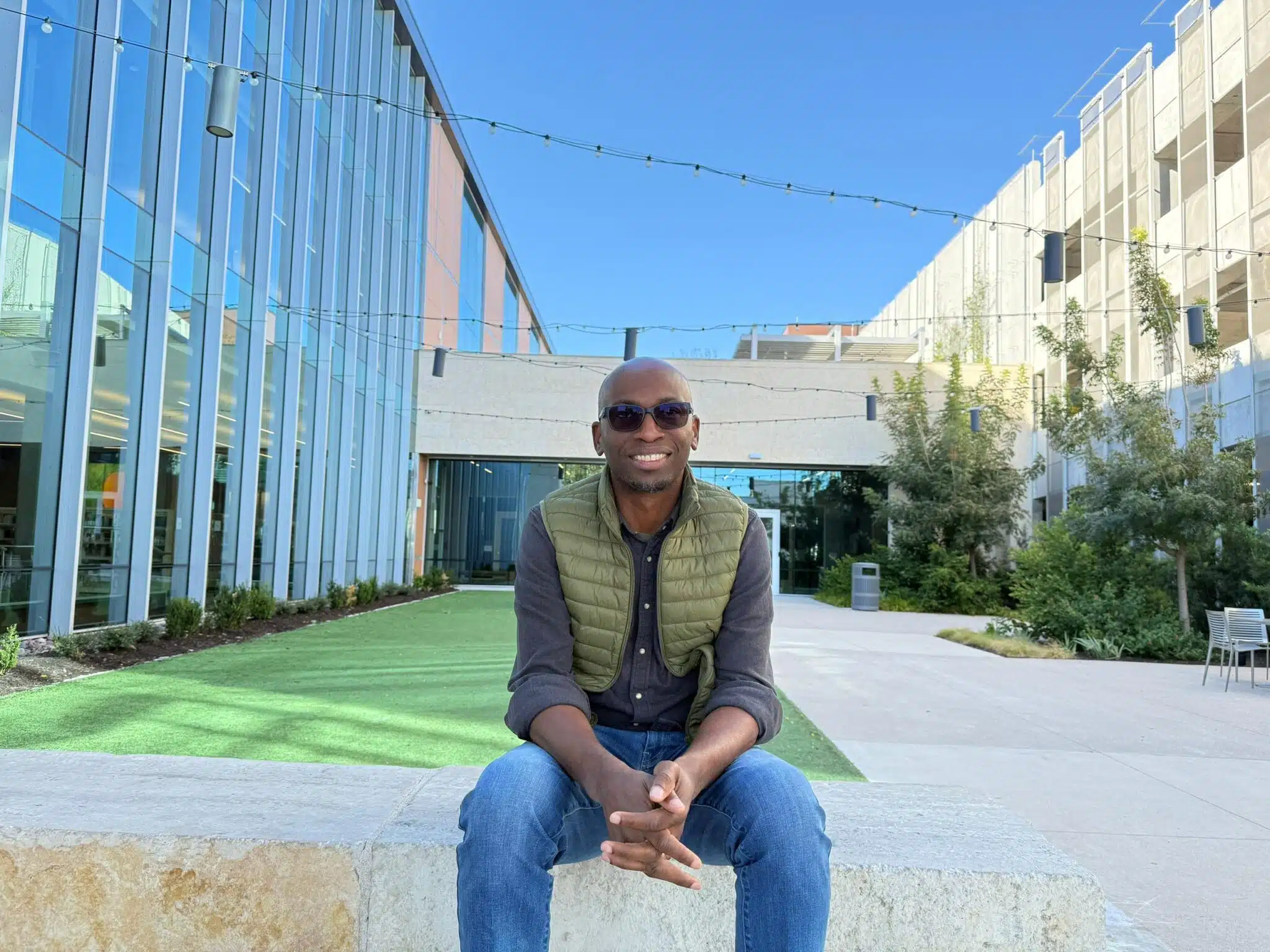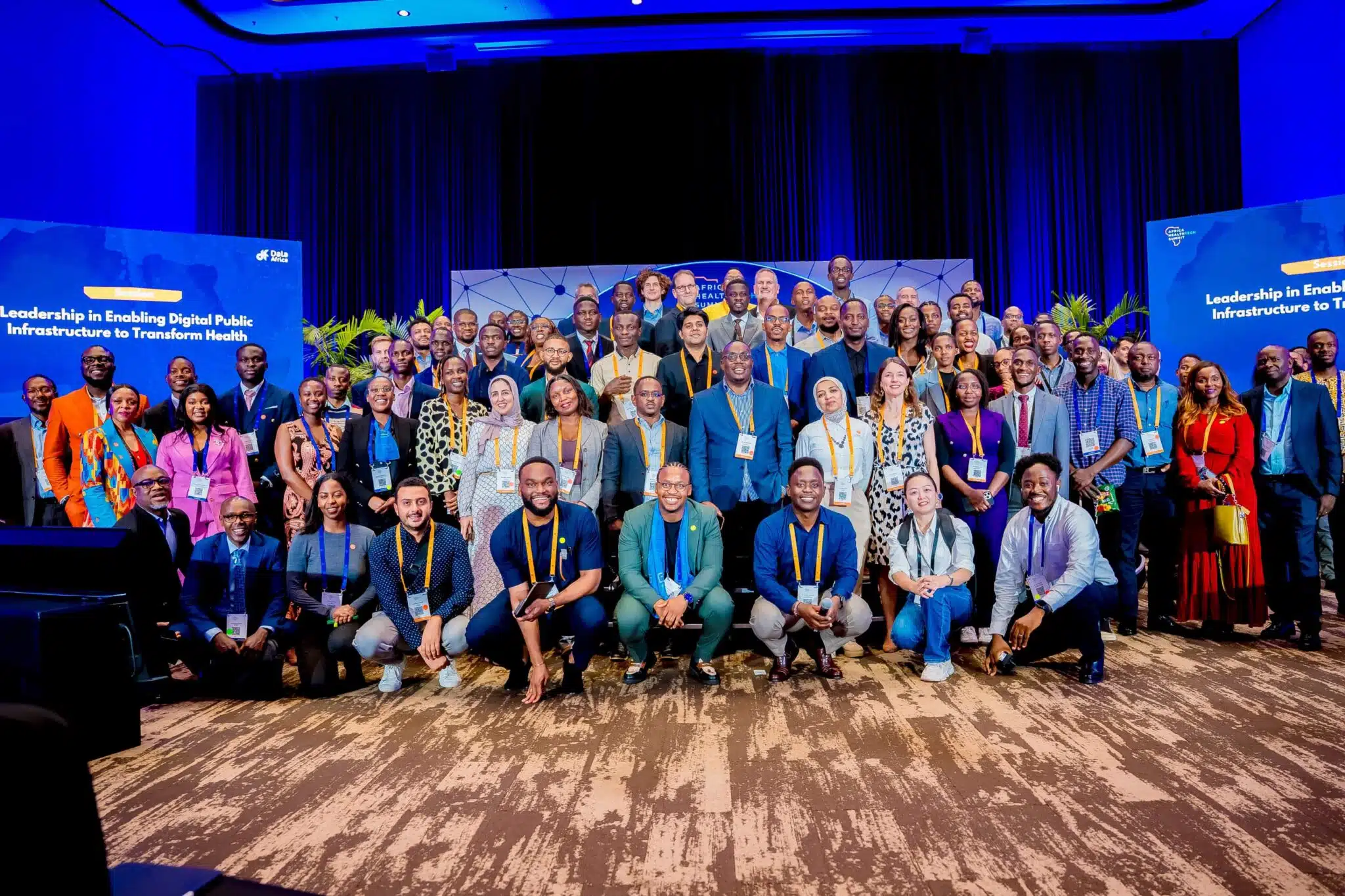A team building a digitised mapping solution for South African townships has emerged winners of the inaugural hackathon hosted by angel syndicate Innovate Africa Fund. The team of five, made up of Lucy Kgware, Thina Mathebula, Phumla Makhoba, Sicelo Shange, and Lerato Masango, beat out 10 teams from across Africa to claim the top prize at the hackathon.
The hackathon held on the sidelines of the World Product Day saw teams from across Africa attempt to come up with solutions for some of Africa’s most pressing challenges. These challenges, as outlined by the Innovate Africa Fund team, included food waste on smallholder farms, a lack of a standardised addressing system for Africans, managing electronic waste, and curbing counterfeit products.
The winner was announced at the World Product Day and took home a $100,000 grand prize split across funding, mentorship support, and technology credits. The other finalists also received mentorship, incubation, and ecosystem support from the fund.
Instilling a product mindset in African builders
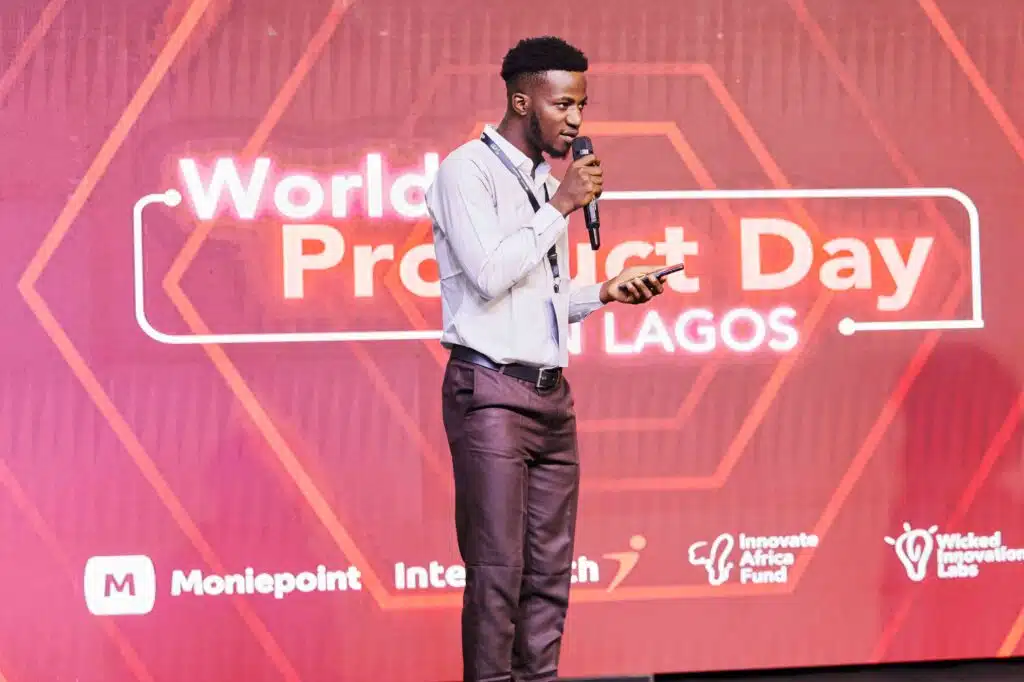
Launched in 2024 by Christian Idiodi and Kristin Wilson, Innovate Africa Fund is a sector-agnostic angel fund focused on supporting startups from ideation to product-market fit. Both partners come from product backgrounds, with experience working with or advising global startups over the past decade. The fund has raised $2.5 million and plans to invest an average of $50,000 in 20 startups within its first year.
Wilson, a former venture partner at Oui Capital, emphasises that while funding is important, many African startups struggle more with defining the right problems and understanding their markets. She notes that even well-funded startups can fail if they lack clarity on the problem they aim to solve.
Recognising this need, Innovate Africa works closely with its portfolio companies to define core challenges and develop effective strategies. The firm also engages with teams before investment, an approach reflected in its decision to host the hackathon.
Making underserved communities seen
For many people across Africa, something as basic as receiving a delivery or accessing emergency services can be nearly impossible. This is the problem team three from South Africa set out to solve, earning them the top spot.
Their product, Address Me, is a digital platform that allows people in informal or non-traditional settlements to generate a verifiable and mappable address that emergency services, delivery companies, and government agencies can use.
In South African townships, access to emergency services and healthcare is often dependent on the institution’s ability to verify an address. However, with Google Maps not fit for purpose in these areas, residents often get turned away from these services.

Victoria Fakiya – Senior Writer
Techpoint Digest
Stop struggling to find your tech career path
Discover in-demand tech skills and build a standout portfolio in this FREE 5-day email course
The current process of acquiring proof of address, the team explained, is slow and burdensome. It requires approaching a community leader, obtaining a letter, and then travelling long distances, often on foot, to a police station to get it certified. Even then, the document might not be accepted by institutions like hospitals or banks.
The team’s solution digitises and streamlines the existing process of acquiring a verifiable address. Residents sign up on the app and input their personal and location information. Instead of physically approaching a community leader, they can now request verification digitally.
Once approved, the application moves to the police certification stage. With Address Me, certification happens virtually, leveraging existing digital infrastructure already used in legal and corporate settings. This means the resident ends up with a verifiable document that proves their address without ever needing to leave their settlement.
The platform also generates a precise digital pin for each user’s location. This pin can then be used for deliveries, emergency response, or any service that requires accurate geolocation.
Although the app is still at the demo stage, the team is optimistic. They believe the next step is to raise around $10,000 to build an MVP and begin pilot testing while also securing key partnerships with entities like Google Maps and the South African Police Service.
Curbing counterfeit products in Africa’s health and beauty industries
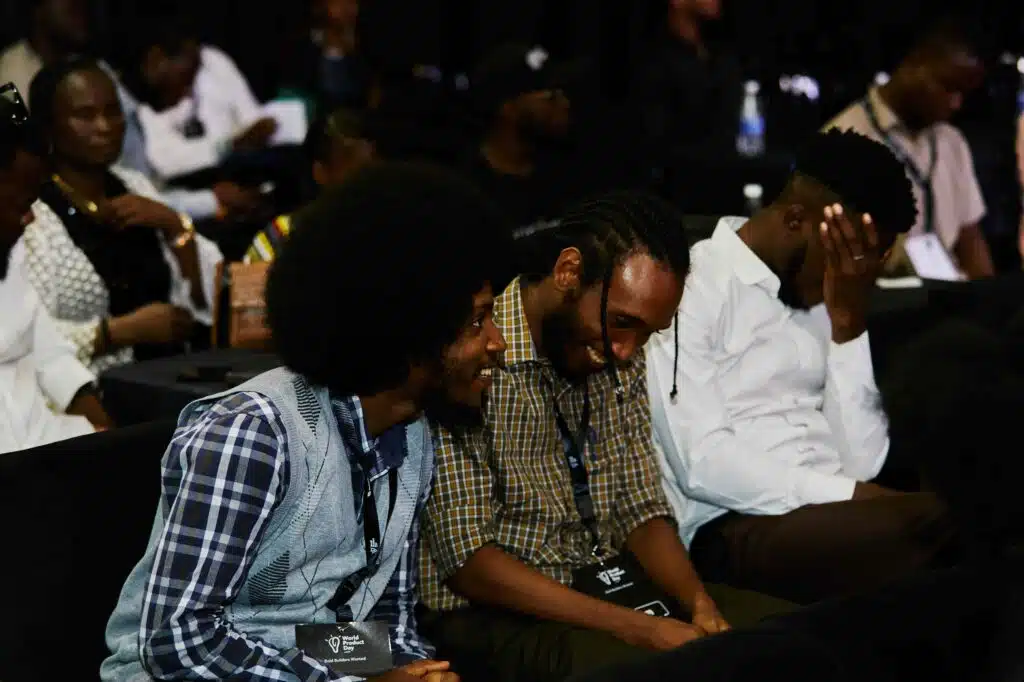
Counterfeit products remain a persistent threat across Africa’s health, beauty, and food industries, putting lives at risk and undermining consumer trust. It’s a problem that affects not just end-users but also regulators and businesses.
For team nine from Nigeria, the focus was on reducing the spread of counterfeit products by building a verification system that enhances traceability and trust.
The team began by speaking directly with those affected — consumers, vendors, and officials charged with tackling the problem. Among their key interviews was a conversation with a representative from Nigeria’s National Agency for Food and Drug Administration and Control (NAFDAC), who shared insights on the agency’s current barcode-based solution.
While useful, the system has limitations: it can be cloned or manipulated, and it relies heavily on coordination across the entire supply chain, and a breakdown at any point can compromise the whole system.
In response, the team proposed a new barcode-based system but with the addition of a confidence score. This score would reflect how trustworthy the product’s journey through the supply chain has been, factoring in any gaps or inconsistencies along the way.
The solution is far from complete. The team says it plans to keep developing the product beyond the hackathon and has already attracted interest from two pharmaceutical companies. They also hope to secure partnerships that will allow them to build a minimum viable product (MVP) and test the solution in real-world conditions.
One key learning from the hackathon, the team admits, is that they’ve so far focused heavily on the technical solution at the expense of refining their business model. Consequently, they intend to work on aligning the product with a viable go-to-market strategy.
Tackling post-harvest loss with tech and a human touch
Post-harvest loss remains one of the most pressing issues in Nigeria’s agricultural sector. For smallholder farmers, these losses have even greater implications, as it could mean being unable to cultivate their farms in the next farming season or meet financial obligations at home.
For team two, the idea had been in motion even before the hackathon began. To truly understand the scope of the problem, they engaged with stakeholders in Oyo State, speaking directly to farmers and agricultural experts to understand the on-ground realities.
One key insight emerged early: many of the farmers in their target group had limited digital literacy. However, the team also noticed that while the farmers themselves might not own smartphones, their children or relatives often did. This observation shaped how they designed their product: a lightweight, offline-compatible mobile app that supports local languages and voice communication.
Understanding that not everything can be solved digitally in a country like Nigeria, the team also decided to work with field agents who can help onboard farmers and offer real-time support. It’s a strategy that is already being used by agritech startup Winich Farms.
Beyond logistics and accessibility, the app also addresses pricing and trust. A machine learning algorithm helps predict fair market prices for crops, while an escrow system ensures that both farmers and buyers are protected during transactions.
While still in the early stages, the app has already been tested with farmers in parts of Oyo State. According to the team, feedback has been promising, but they acknowledge that building trust and adoption will take time.

